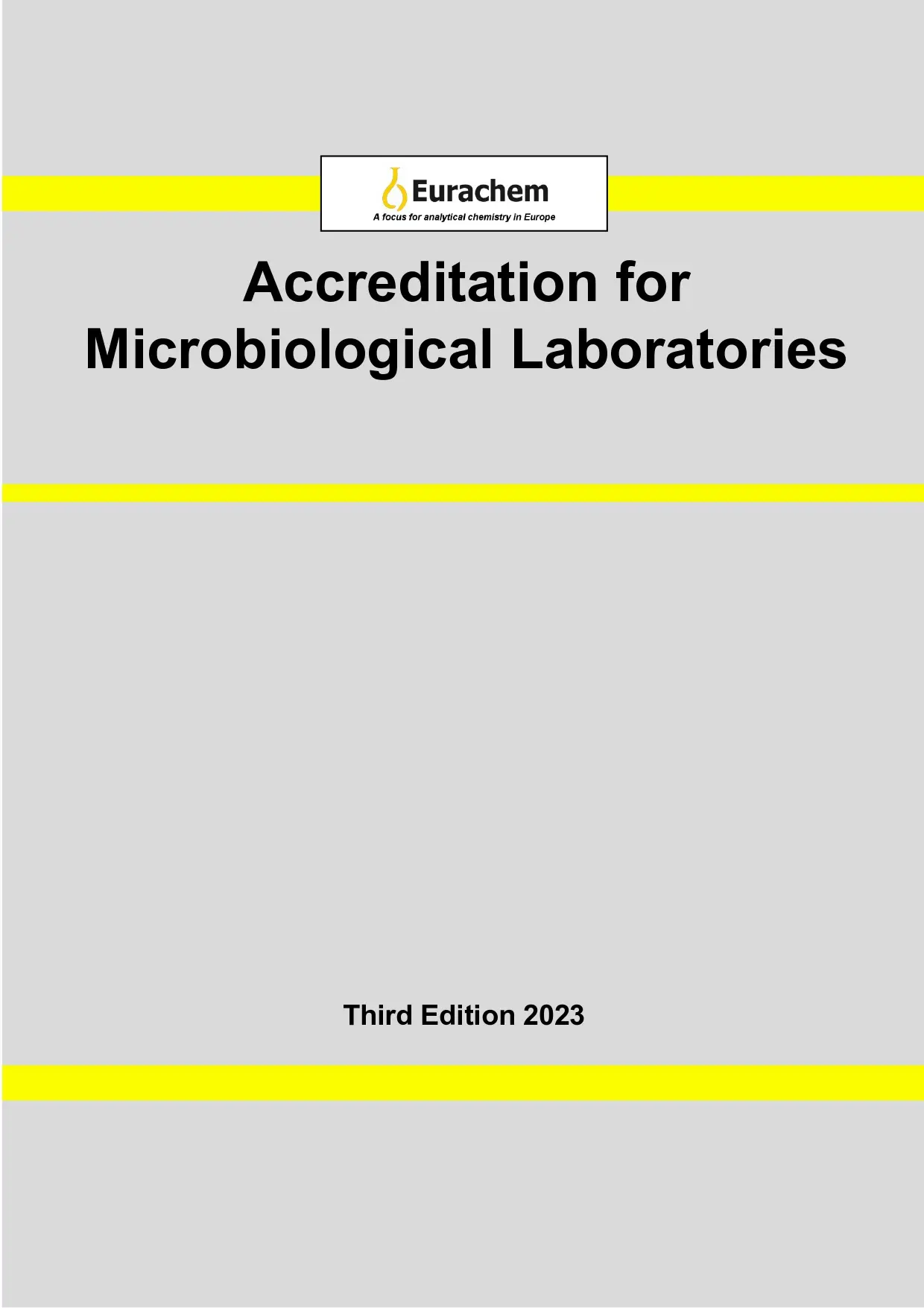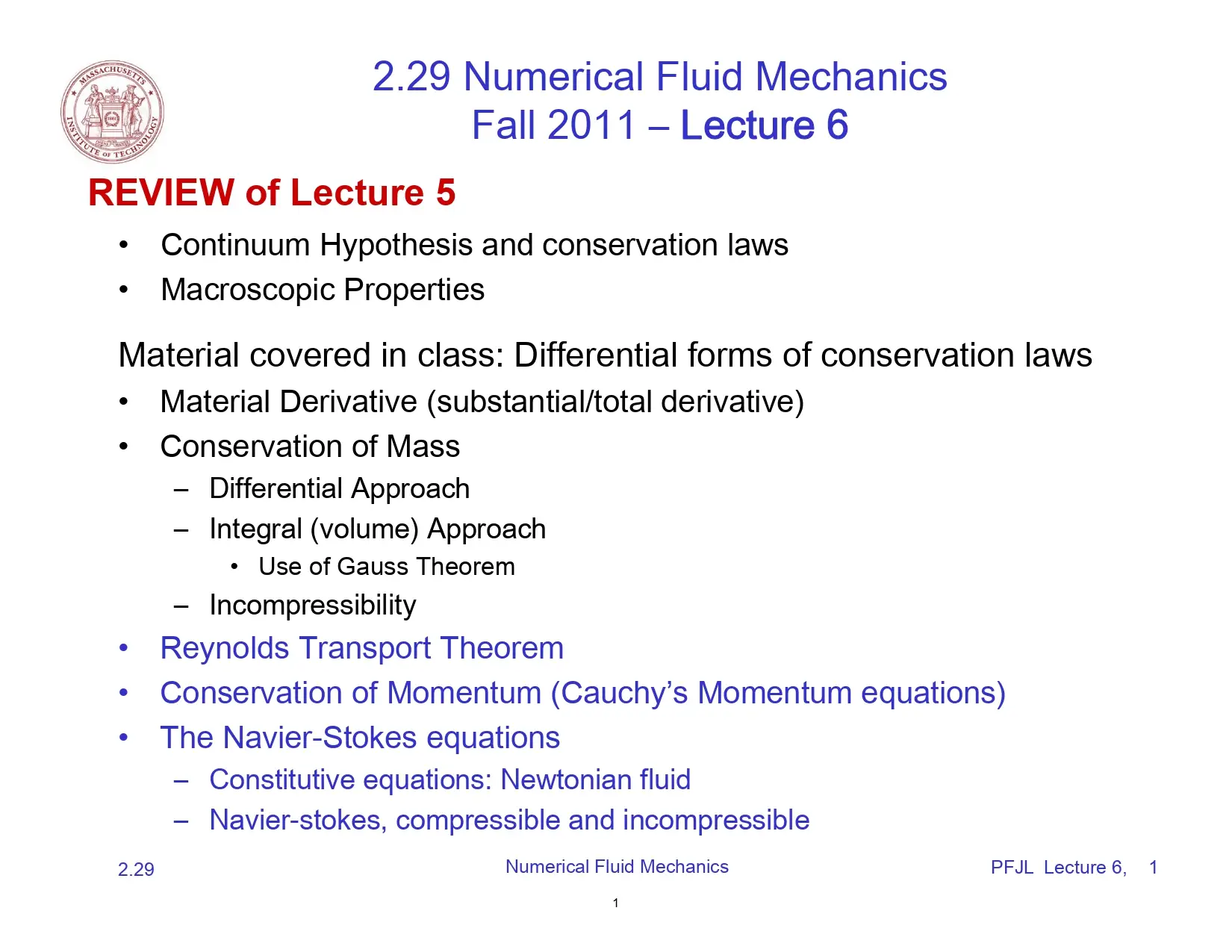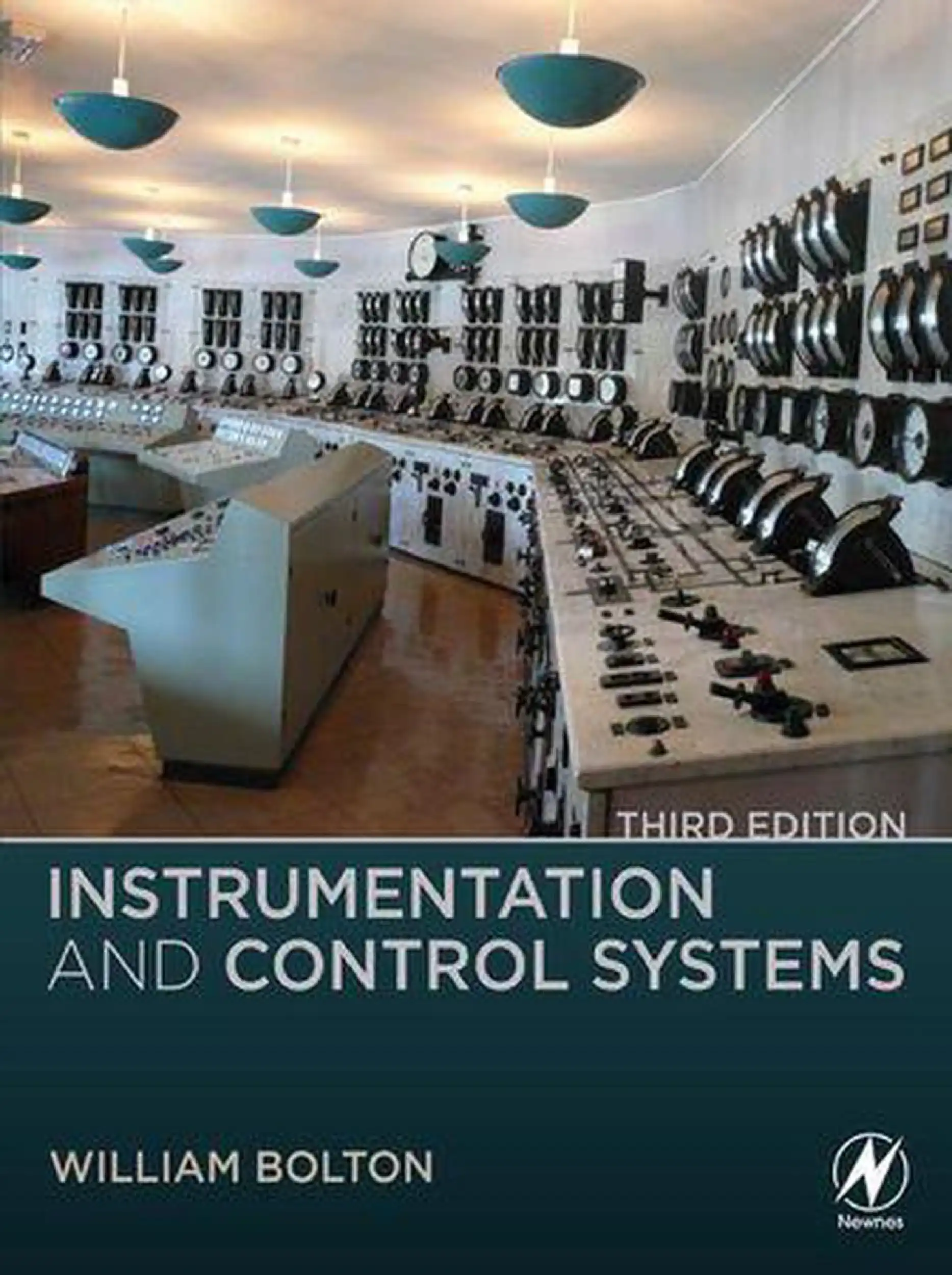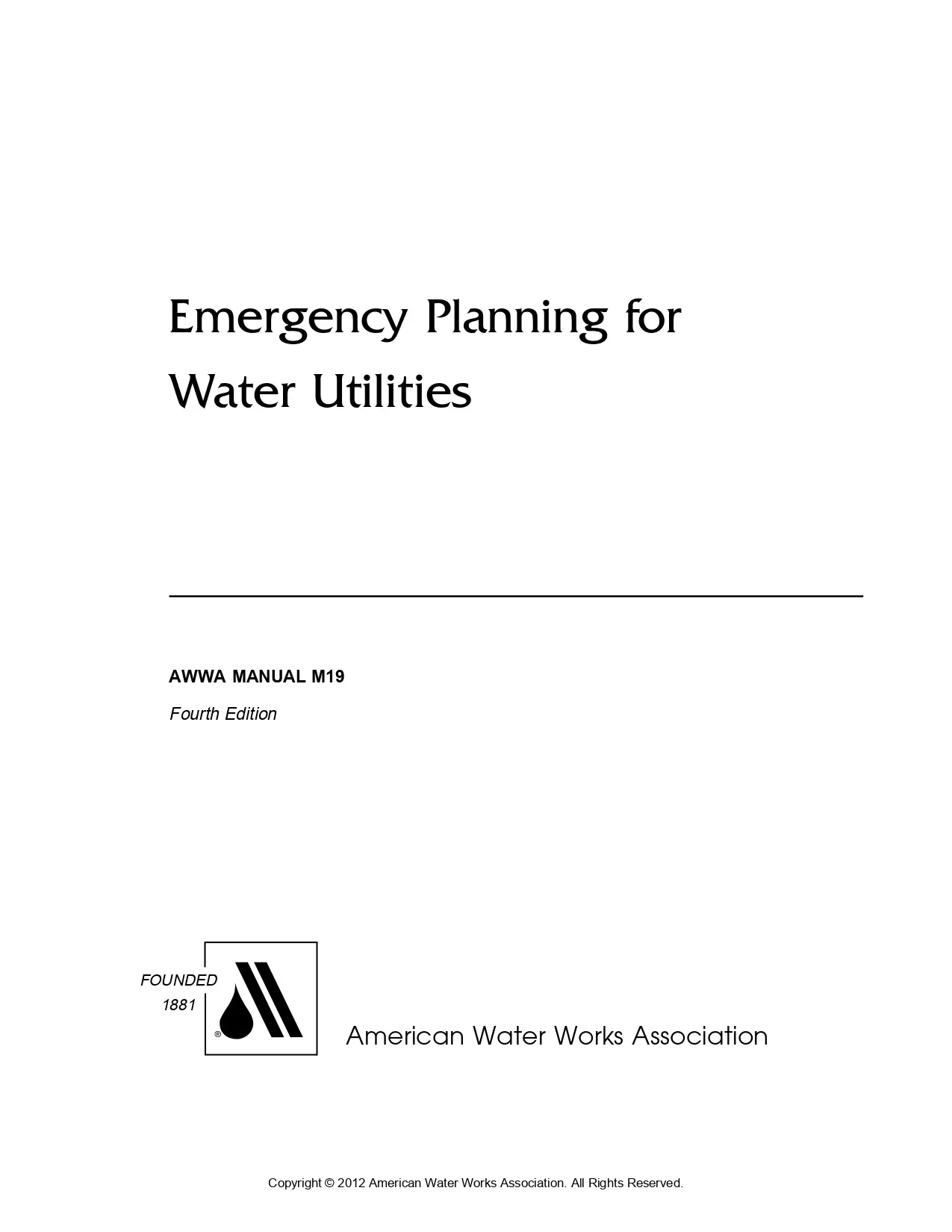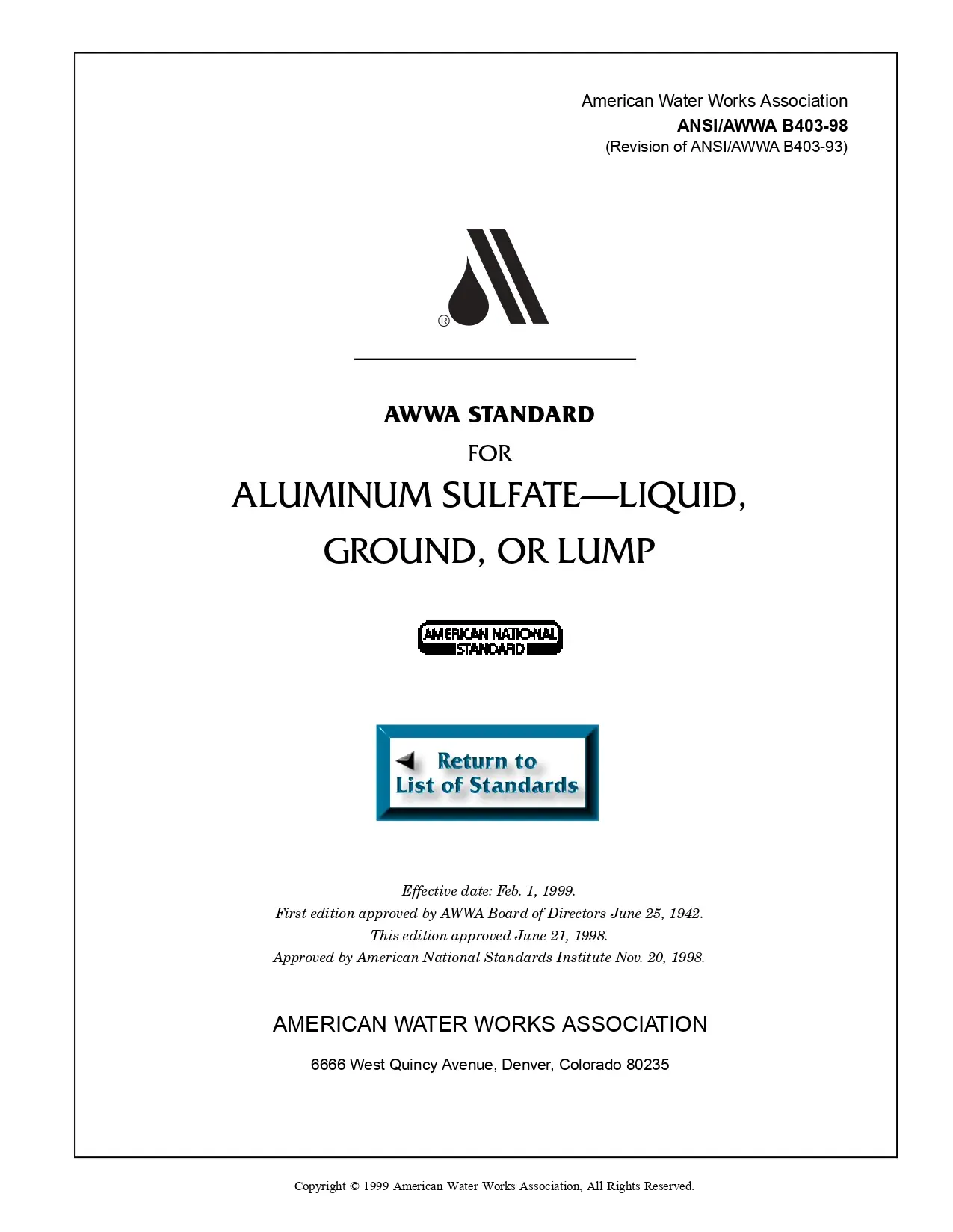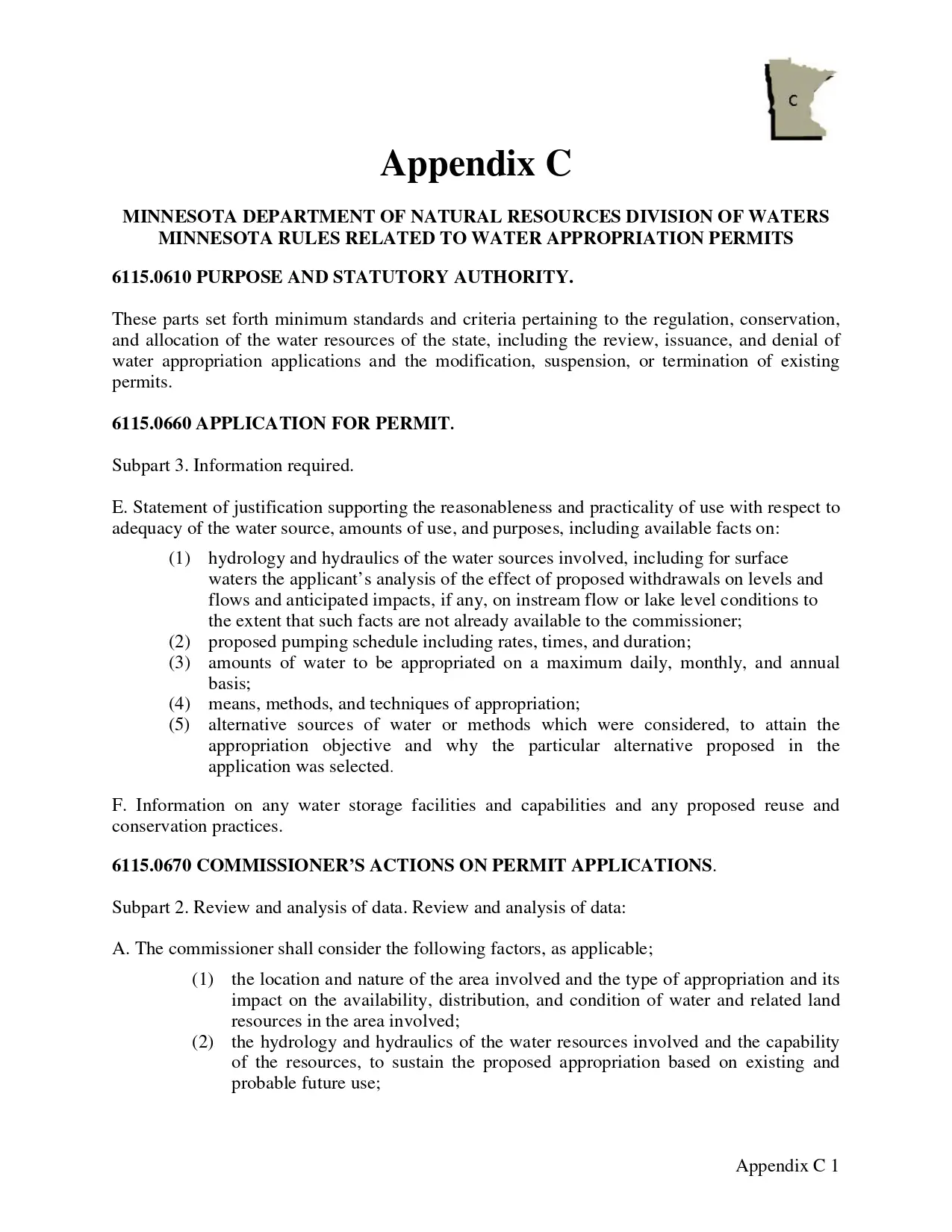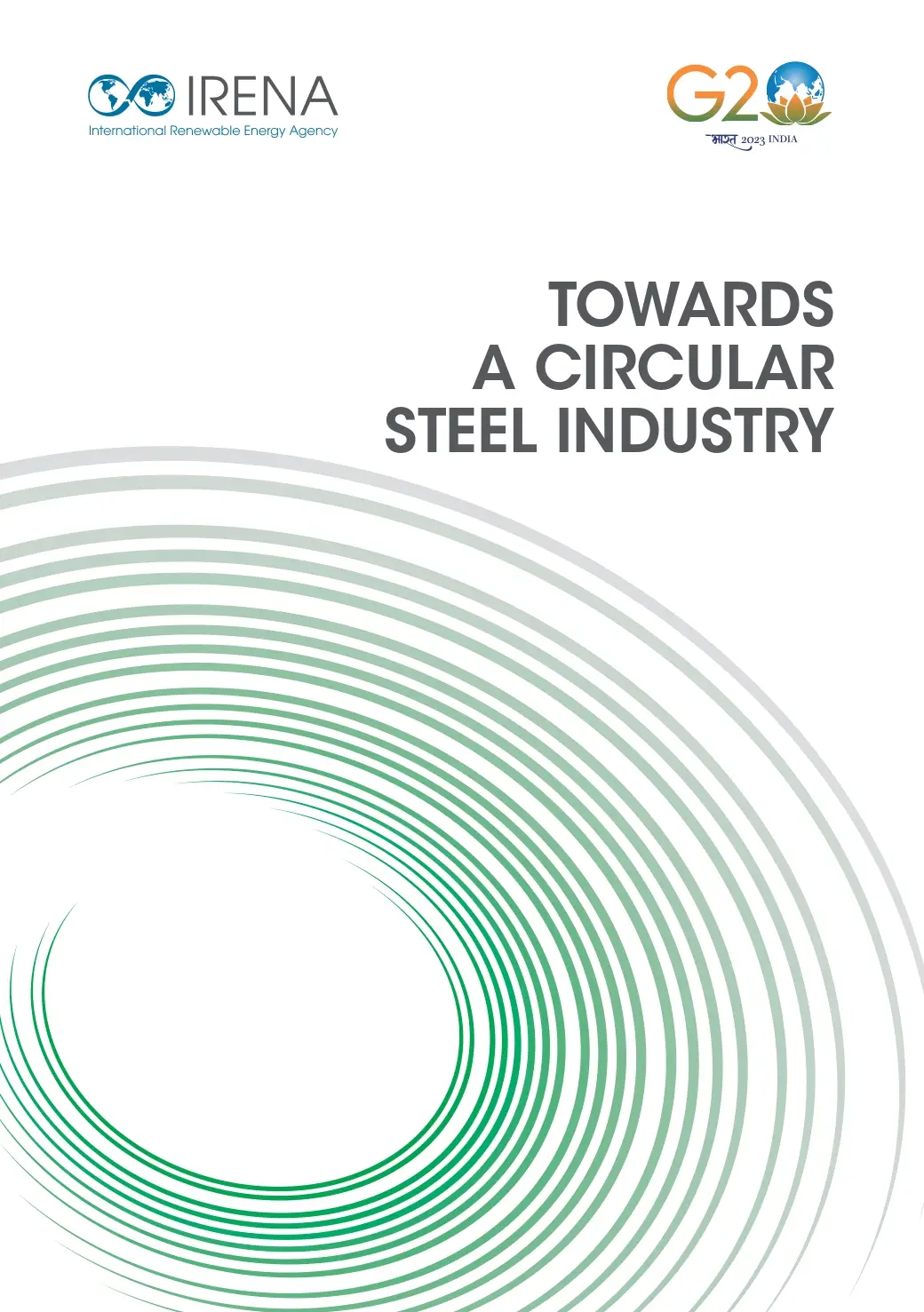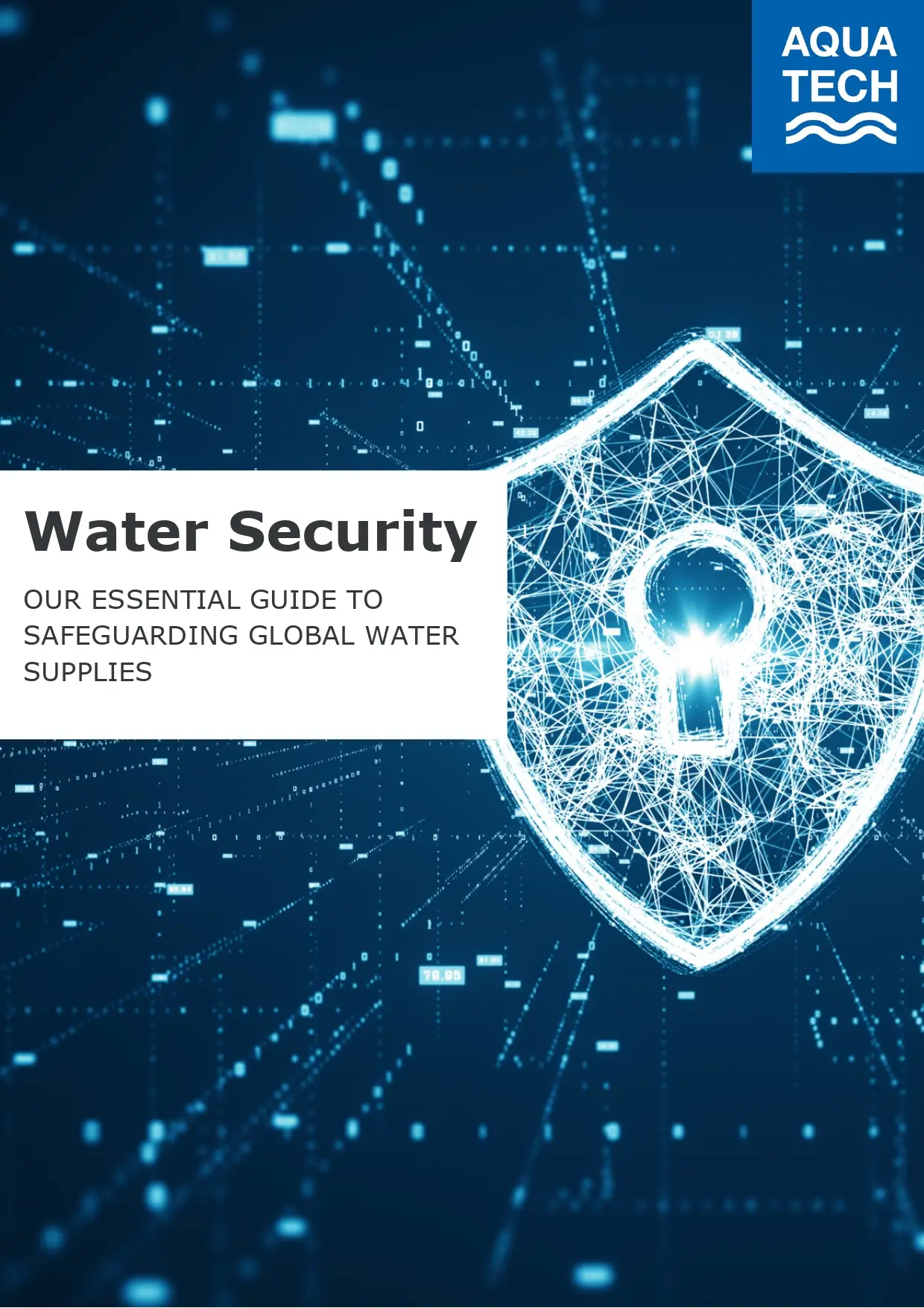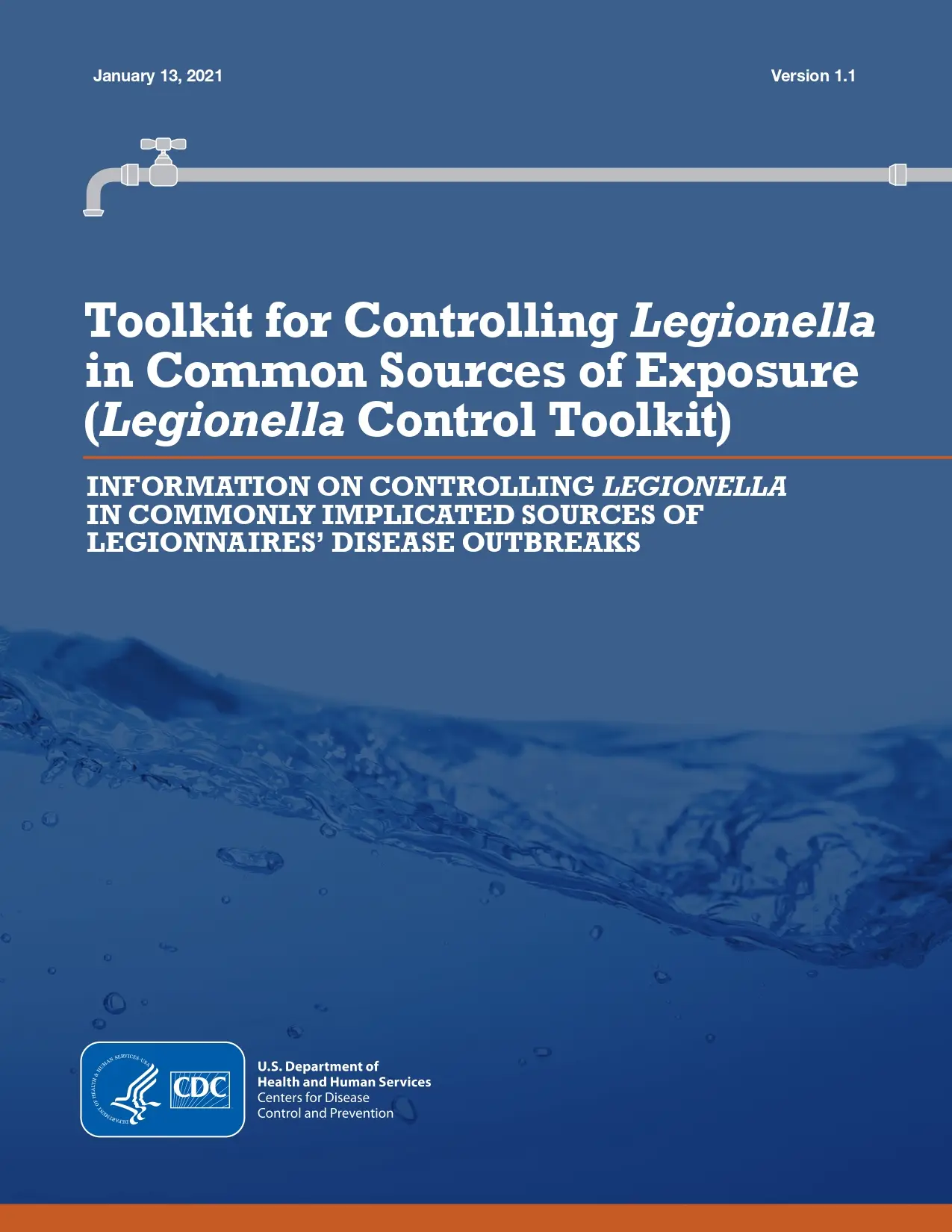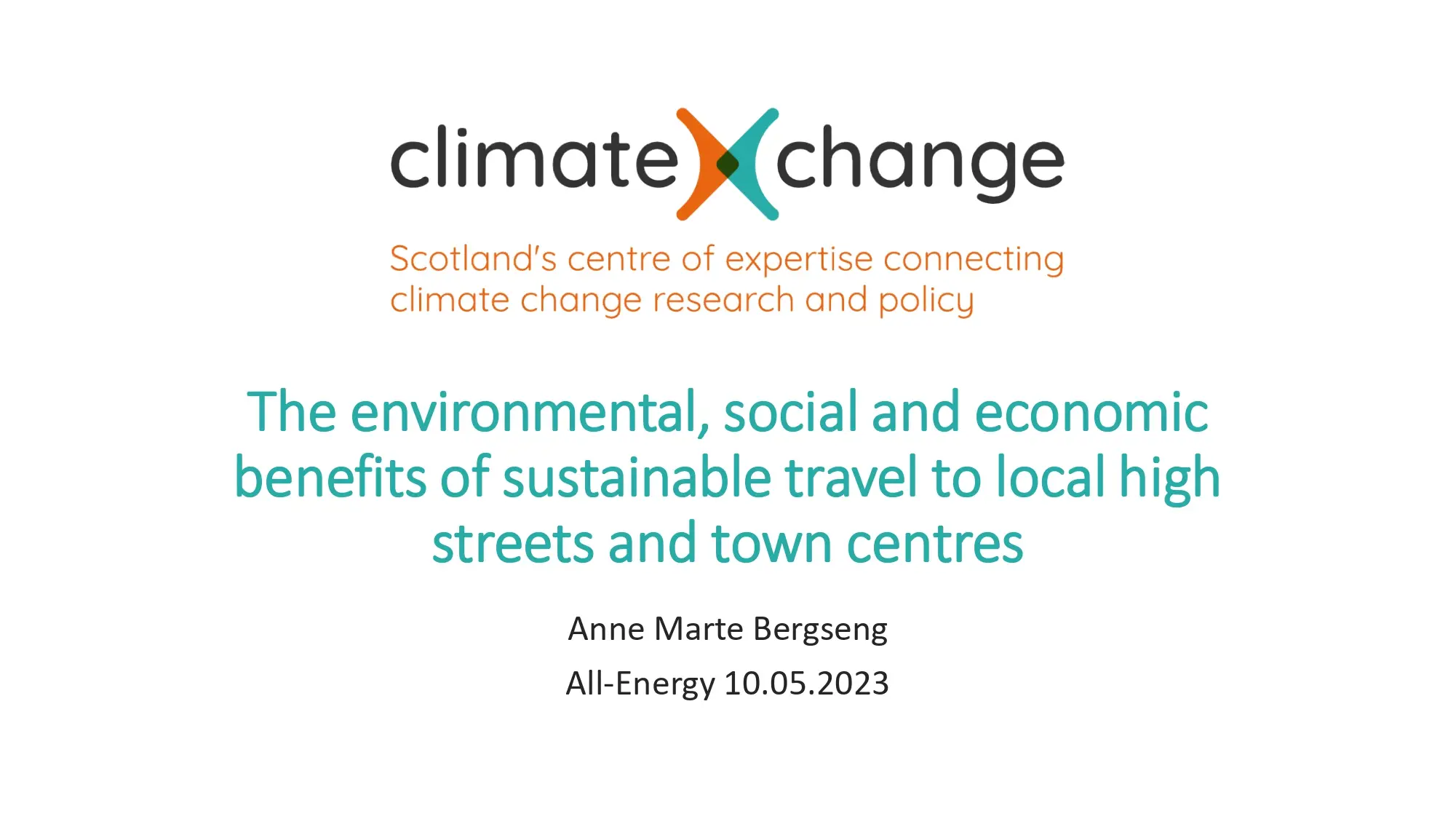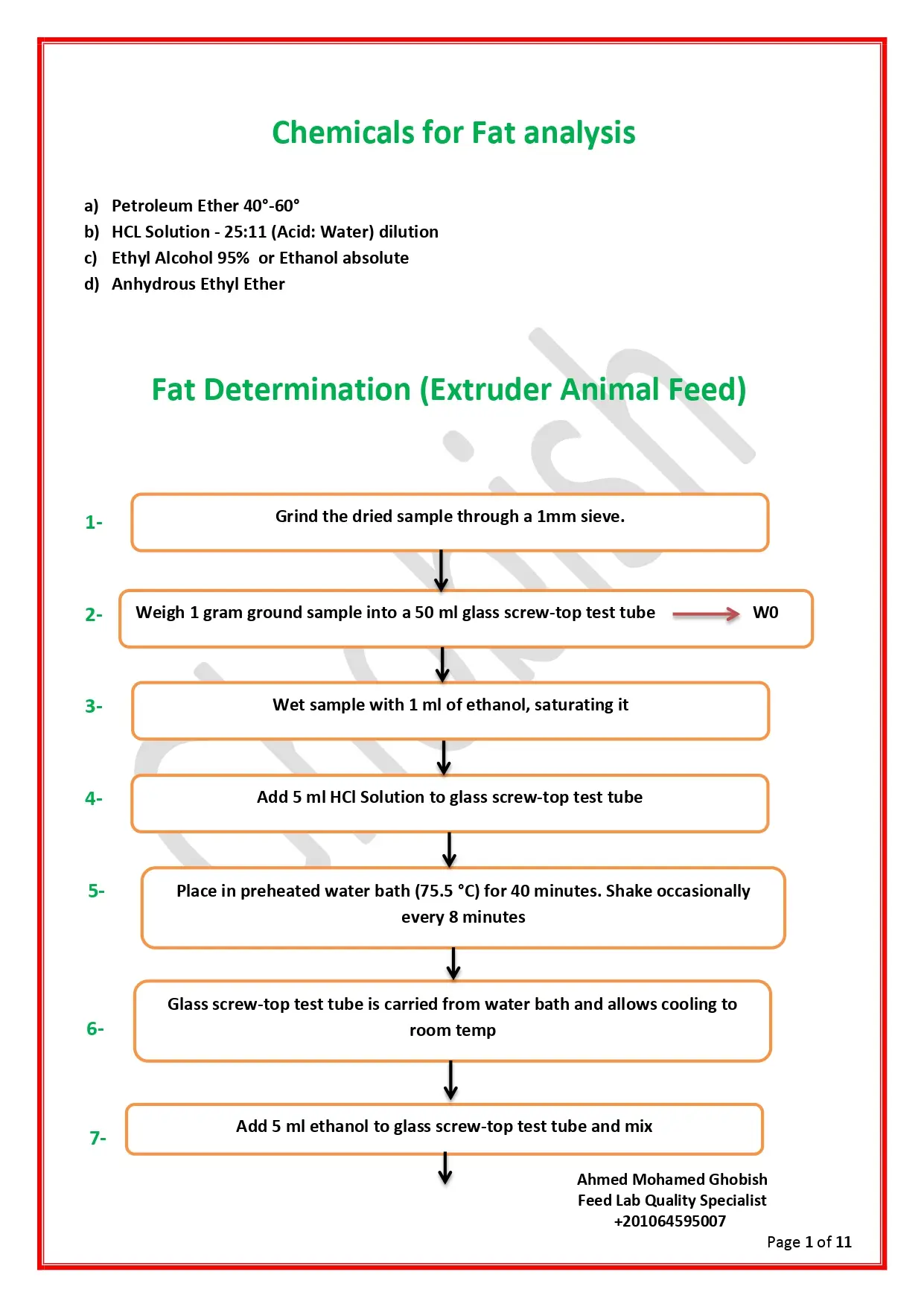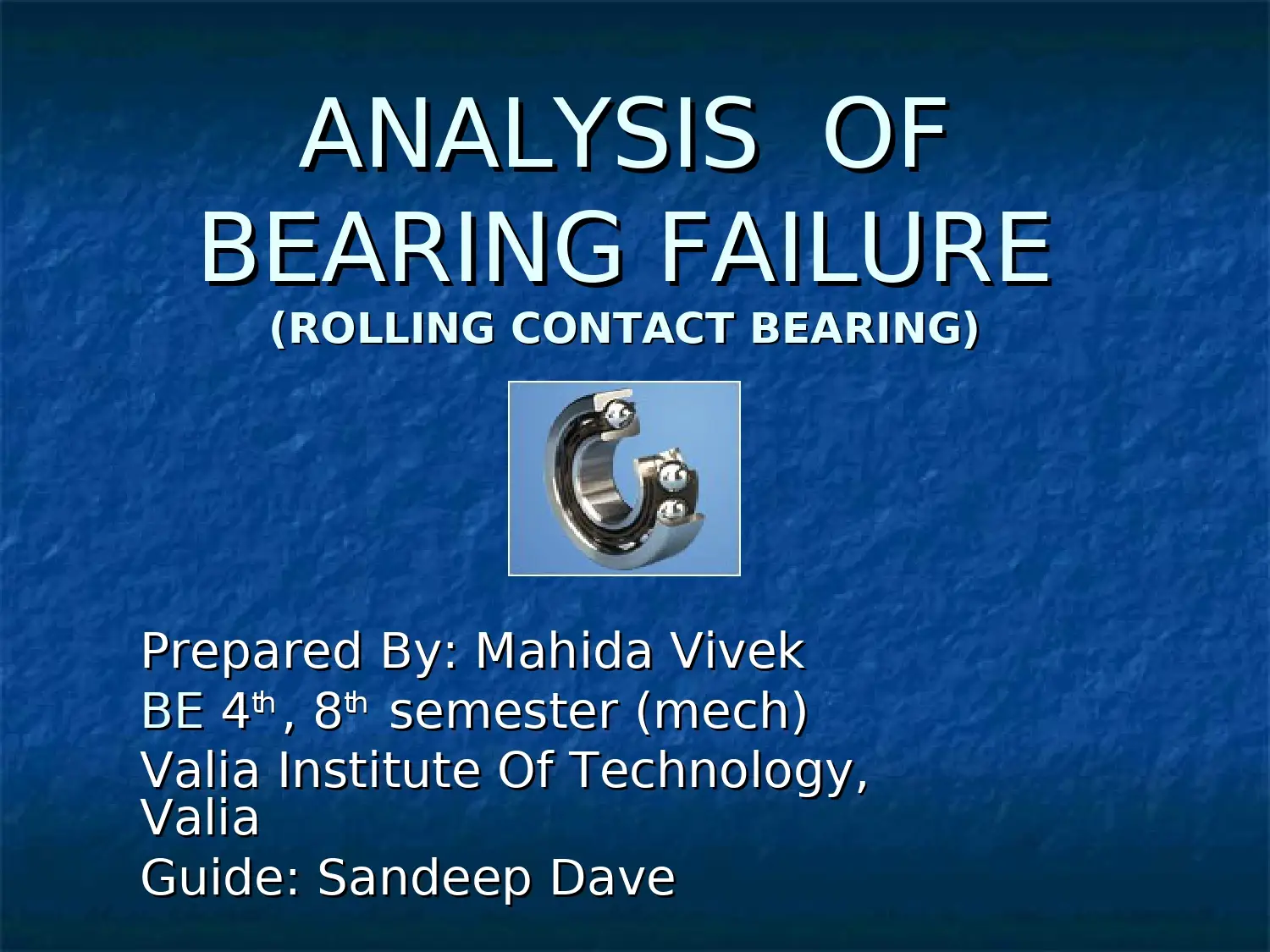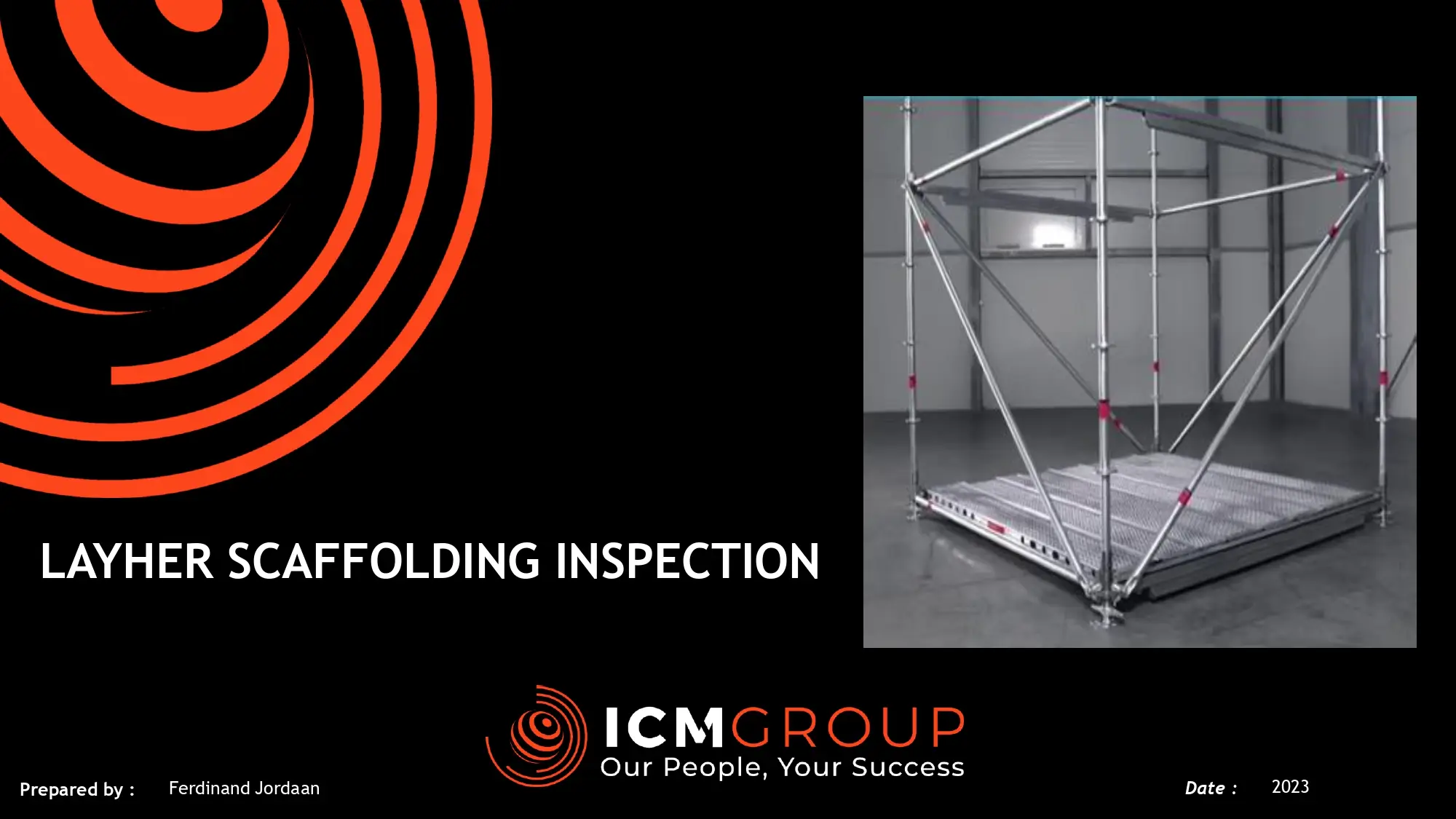Accreditation for Microbiological Laboratories
Microbiological testing includes sterility testing, detection, isolation, enumeration, and identification of microorganisms (viruses, bacteria, fungi, and protozoa) and their metabolites, or any kind of assay using microorganisms as part of a detection system as well as the use of microorganisms for ecological testing. According to Reg (EU) 2017/625 for food and feed [6] and Dir (EU) 2020/2184 [7] for water intended for human consumption, laboratories in Member States shall have a quality management system in place, documented according to ISO/IEC 17025[1] and including validated, and wherever possible accredited test methods. Note that also laboratories outside the EU shall fulfil the criteria when providing certificates accompanying food.
Accreditation for Microbiological Laboratories
Microbiological testing includes sterility testing, detection, isolation, enumeration, and identification of microorganisms (viruses, bacteria, fungi, and protozoa) and their metabolites, or any kind of assay using microorganisms as part of a detection system as well as the use of microorganisms for ecological testing. According to Reg (EU) 2017/625 for food and feed [6] and Dir (EU) 2020/2184 [7] for water intended for human consumption, laboratories in Member States shall have a quality management system in place, documented according to ISO/IEC 17025[1] and including validated, and wherever possible accredited test methods. Note that also laboratories outside the EU shall fulfil the criteria when providing certificates accompanying food.
Towards a Circular Steel Industry
Steel is a vital material for the progress of human societies. It is used for a wide range of applications, including infrastructure, buildings, transport vehicles and home appliances, among many others. Steel can be recycled without loss of quality, which also makes it a crucial enabler for a transition towards a more circular economy. On the other hand, the steel sector is one of the most significant contributors to climate change. It is responsible for about 7% of global energy-related carbon dioxide emissions, since the majority of steel production relies on fossil fuels as energy sources and as reductants to process iron ore. A transition towards a fully sustainable and climate-neutral steel sector will require decisive action to continue advancing all levers of circularity. Key steps include improving material efficiency, increasing the share of recycled steel (as more scrap becomes available over time) and making steel production processes more efficient.
Towards a Circular Steel Industry
Steel is a vital material for the progress of human societies. It is used for a wide range of applications, including infrastructure, buildings, transport vehicles and home appliances, among many others. Steel can be recycled without loss of quality, which also makes it a crucial enabler for a transition towards a more circular economy. On the other hand, the steel sector is one of the most significant contributors to climate change. It is responsible for about 7% of global energy-related carbon dioxide emissions, since the majority of steel production relies on fossil fuels as energy sources and as reductants to process iron ore. A transition towards a fully sustainable and climate-neutral steel sector will require decisive action to continue advancing all levers of circularity. Key steps include improving material efficiency, increasing the share of recycled steel (as more scrap becomes available over time) and making steel production processes more efficient.
Water Security: Our Essential Guide To Safeguarding Global Water Supplies
Water security is more important thanever before but also faces increased risks,resulting from climate change, geopoliticalconflicts and human activity. Critical tocommunities, industry and agriculture, thesecurity of water supply underpins society.
Water Security: Our Essential Guide To Safeguarding Global Water Supplies
Water security is more important thanever before but also faces increased risks,resulting from climate change, geopoliticalconflicts and human activity. Critical tocommunities, industry and agriculture, thesecurity of water supply underpins society.
Analysis Of Bearing Failure (Rolling Contact Bearing)
Bearing are among the most important component in industries.
Unfortunately it sometimes happens that a bearing does not attain its calculated rating life.
There may be many reasons for it.
Analysis Of Bearing Failure (Rolling Contact Bearing)
Bearing are among the most important component in industries.
Unfortunately it sometimes happens that a bearing does not attain its calculated rating life.
There may be many reasons for it.
Storage Tanks
A primary objective of the Production Department is to produce and deliver hydrocarbon products, safely at points of sale, to a specified quantity and quality
Storage Tanks
A primary objective of the Production Department is to produce and deliver hydrocarbon products, safely at points of sale, to a specified quantity and quality



